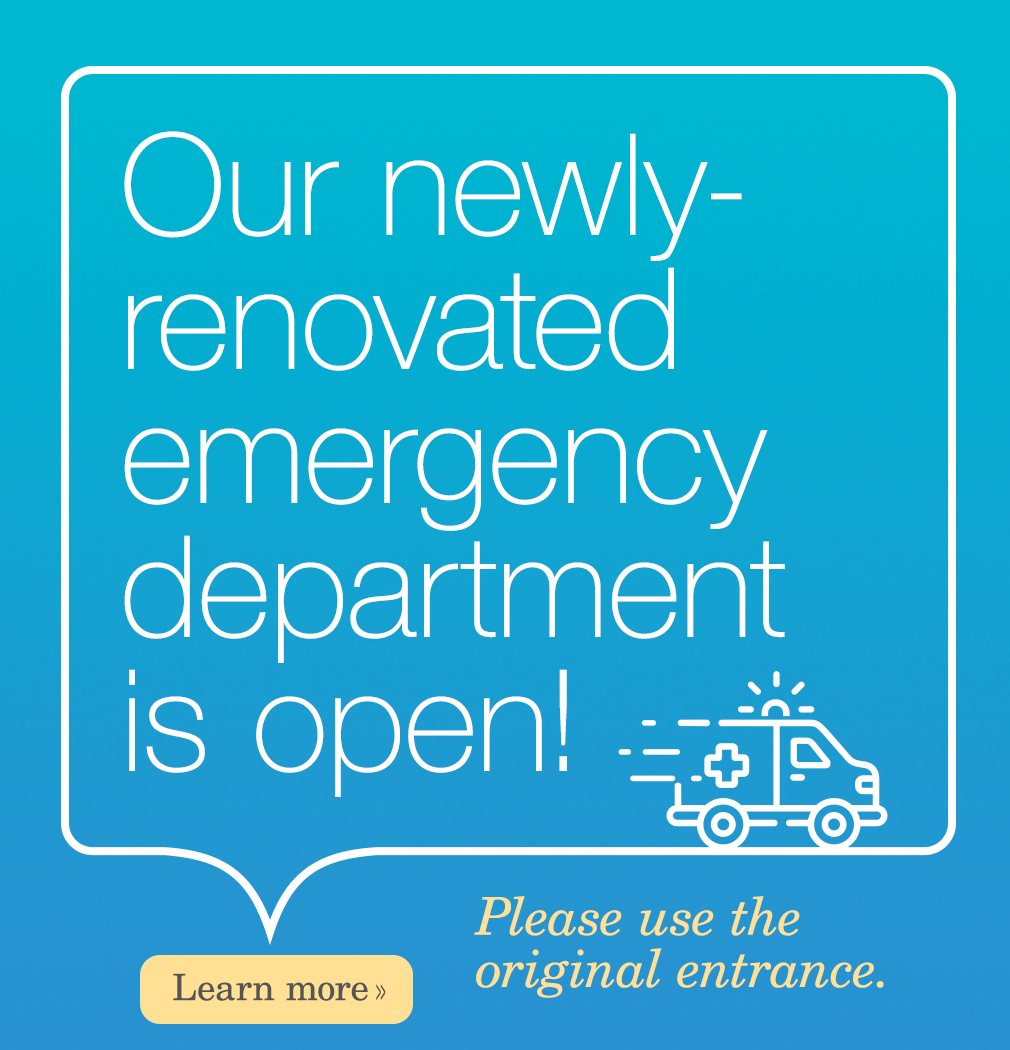

Should Hospital Units Join Libraries As Quiet Zones?
Yes! When someone says the word ‘library’ to you, what comes to mind? Books. Learning. Resources. Quiet. Even in today’s world of engaged and interactive learning, most libraries still maintain a respectful level of quiet to facilitate the reading and viewing and enjoying of all their patrons. It is part of our culture. When we enter a library, we immediately lower our voices because we know we are entering a quiet zone. Medical research shows that taking that same approach when in a hospital contributes to patient healing.
As such, the quality improvement team made up of NMC’s staff which is focused on the patient experience is asking all of us – staff, medical staff, and visitors, to be mindful of our voices when in the hospital. Quieter voices — and conversations moved out of the hall into consultation rooms, waiting rooms, the café, or other more private locations – make a real difference. As a staff, we are working to change our own culture and be much more aware of our voices and where we have conversations. Right now, due to our renovations, foot traffic has been re-routed closer to our inpatient units and so we are being particularly mindful in that area closest to the Medical/Surgical and Intensive Care Unit beds. We are embedding reminder messages in our internal communications and using signage prompts to keep the idea of lower voices in the forefront of our thoughts as we move through the hospital. We ask that all of you join us in this effort as you come to the hospital as a visitor or a patient – think of it as entering a quiet zone. Clearly, we still need to communicate and we never want someone not to ask a question. All we are asking is for each of us to be mindful of speaking a bit more quietly so our patients can rest.
This emphasis on internal quietness is important even with all of the construction on campus as we work to enhance the healing environment and create the efficiency and flexibility necessary to adapt to the future of healthcare. One of the advantages of being a well-built brick building is that we are fairly well insulated from the outside noise. The work is still audible at times and we are grateful for the understanding our patients have shown. I know our team is working hard on strategies to help our patients get the rest they need during their stays with us. At the same time, NMC appreciates the understanding of our neighbors who live near the reconstruction of Fairfield Street and our construction here on our campus. This has been a very active construction season that will yield wonderful, needed improvements and I know our municipal colleagues join us in thanking our neighbors for their understanding as the work continues. We have also had good conversations with our neighbors about sound levels on campus even in times when construction is not active, have taken some steps to address that as we have replaced aging equipment, and continue to be sensitive to this and will be attentive to opportunities going forward.
Amidst the construction and renovation work are strategies which will help our healing environment be quieter once they are complete. We are so excited to be converting our Medical Surgical and Intensive Care Unit to all private rooms. Having a private room significantly reduces the sound levels on a patient unit. More conversations can be held in the room, without concern of the roommate overhearing. Private rooms also lessen the chance that one patient’s telephone calls or coughing or television viewing will impact another patient’s rest. The design for our new private inpatient rooms will greatly enhance restfulness and healing. In addition, the new areas for both inpatient and outpatient care feature additional family areas and consultation rooms that will also aid in lowering the conversation levels in our hallways.
I would like to thank you, quietly, for joining us in our efforts to help our patients rest by being attentive to the volume of your voice and the location of your conversations when visiting the hospital. Together with the other efforts being made, it helps our healing environment.
— Jill Berry Bowen, NMC’s Chief Executive Officer

